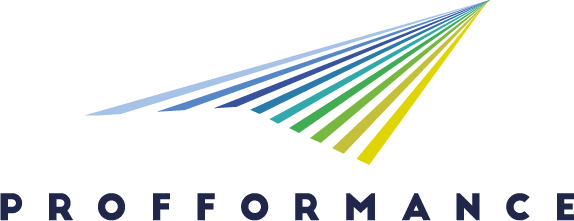Flowmath
Maximizing performance and minimizing dropout rate with the help of flow: a gamified mathematics course
- 01 - Education
- 05 – Natural sciences, mathematics and statistics
3. Innovative student’s learning assessment
- Learning outcome-oriented, innovative ways of students' assessment
- Gamified, flexible, student centered assessment
- Different assessment opportunities for students with divers needs
- Promoting self-assessment and peer assessment to empower students and enhance their learning
- Student learning enhancement using formative assessment
We created a gamified course structure for the Algebra and Number Theory 1 course based on the concept of flow for first-year mathematics teacher students. The course was taken by 71 students. The course consisted of a lecture and a seminar each week. There were 6 seminar groups with 11-17 students each. The base of our gamified course was a point system, which we filled in with motivating gamified content for all player types: achievers, killers, explorers, and socializers. Students were able to collect points for solved problems, tests written on lectures and seminars, solutions submitted for weekly task sets, good performance during lessons and a few surprise opportunities. Students got their grades based on the amount of points they collected, if they met a minimum requirement: four complete solutions for the cumulative tests written over the semester. We included the following game elements in our course: points, leaderboards, rewards according to the SAPS system, exploration, unlockable content, easter eggs, challenges, walkthrough. We implemented acknowledged learning strategies into our gamified system, which are proved by cognitive neurosciences, such as retrieval practice, distributed practice and cumulative testing. In the last 8-10 minutes of the lectures and seminars students were given two problems: one problem from the given lecture as a retrieval practice problem and one problem from the topics of the whole semester as a cumulative testing problem. Distributed practice was applied by assigning different deadlines to different weekly tasks, and we regularly upgraded the course page. For achiever and killer types leaderboards were introduced. Each week we announced the 10 best achieving students both in points, and the number of solved problems. For explorers and socializers we introduced online forums, where they could discuss their solutions and opinions about mathematical contents. Compared to previous years' test results, the performance of the students improved by 8% on the first test, and 15% on the second test. The dropout rate decreased from 45% to 17% compared to previous years' courses. We also measured the students' engagement levels compared to their engagement to other mathematical courses. Our course outperformed the other courses in all measured dimensions. It was the only one to reach students' expectations in two dimensions (security, fairness), surpass them in one(status), and come close to in two (certainty, relatedness).
Methodology
Tools, equipment, technology used
Outcomes and outputs, main results
Lessons learnt
Adaptability and sustainability of the best practice (for other institutions)
Promotion of best practice
Scope and impact
- Course/department level
- Faculty level
- Institutional level
- Cross-institutional level
- National level
6.1 Digitalization
- Outstanding, innovative, excellent practices of online / blended / hybrid learning
- Innovative, novel methodology in using digital tools/devices in teaching
- Digital skills development and assessment both general and profession-related, embedded in course design, in teaching and assessment
Reasoning: This way of gamification is a new topic with its scientific background still forming. Our framework is without precedent as it implements further science-based, highly efficient learning techniques.
6.2 Internationalization
- International projects/research results embedded into course development and T&L
Reasoning: Gamification, testing effect and its application in education via retrieval-enhanced learning/practice testing is a relatively new research area, independent of language and culture.
6.3 Inclusion and diversity, universal design
- NOT RELEVANT
Reasoning: Students come to university with different mathematical backgrounds. Our course design promotes equity in the sense that the system is suitable for several types of personality and learning style via giving options; and also makes offering individualized support to students possible by the continuous monitoring of performance and engagement.
6.4 Sustainability
- NOT RELEVANT
Reasoning:
3.3 Public contact datas
| Name | Email address | Website |
|---|---|---|
| Csaba Szabó | szabo.csaba.mathdid@ttk.elte.hu | http://web.cs.elte.hu/index.html?lang=en |

